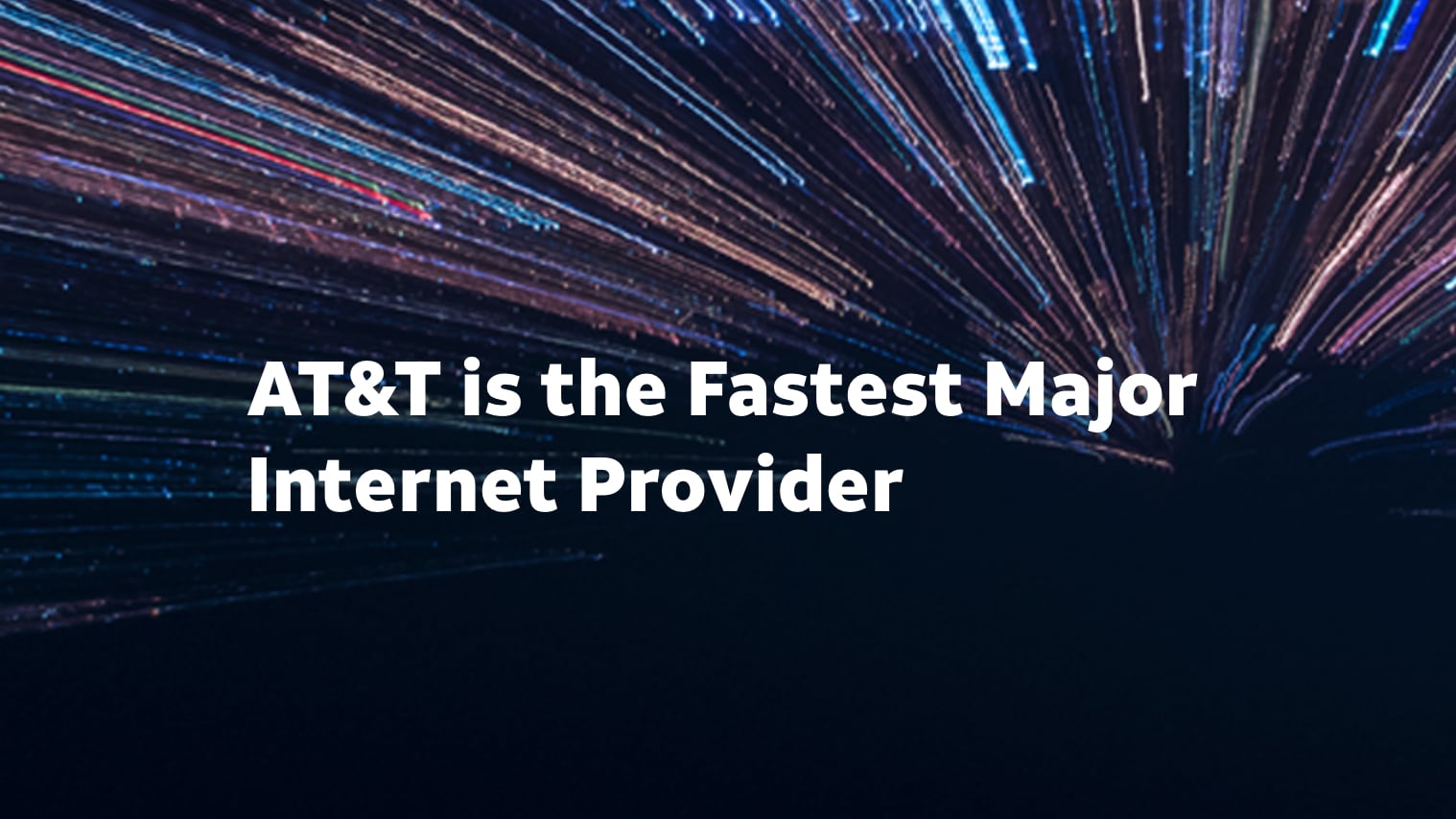![]()
AT&T today
announced the launch of upgraded AT&T Fiber plans, which support speeds of up to 5 Gigabits for some customers. There are two separate plans, one "2 GIG" plan and one "5 GIG" plan, available to new and existing AT&T Fiber subscribers.
According to AT&T, the new plans are available to nearly 5.2 million customers across 70 metro areas including Los Angeles, Atlanta, Chicago, San Francisco, San Diego, Los Angeles, Raleigh, Miami, and Dallas, with a full list
available on AT&T's website.
AT&T Fiber 2 GIG is priced at $110 per month plus taxes, while the highest-speed AT&T Fiber 5 GIG plan is priced at $180 per month plus taxes.
AT&T is enacting a new "straightforward pricing" policy, which means there are no data limits, no equipment fees, no annual contract, and no "deals" that will see prices increase at 12 months. These high-end plans include AT&T ActiveArmor internet security, "next-gen WiFi support," and HBO Max access.
With the launch of these new multi-gigabit internet plans, AT&T is calling itself the "fastest major internet provider." AT&T intends to continue to expand its faster connection speeds to additional customers, with plans to cover 30 million customer locations by the end of 2025.
Article Link:
AT&T Bringing $180/Month 5-Gigabit Internet to 70 Cities



